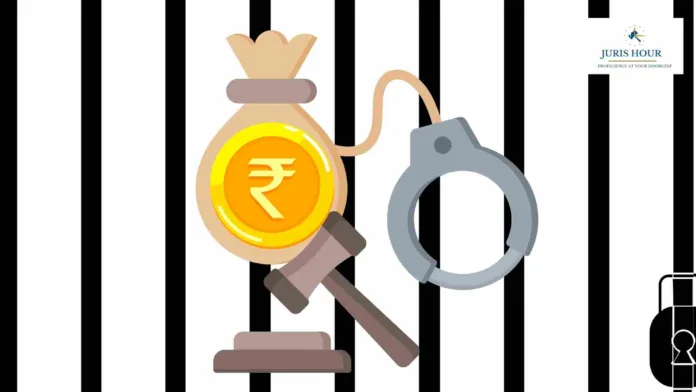The Delhi Court has rejected the bail pleas of accused, who were arrested earlier this month in connection with an alleged multi-crore fake invoicing scam under the Goods and Services Tax (GST) regime.
The bench of Pranav Joshi (ACJM) has observed that prima facie, the company was not eligible for ITC as the transactions were based on B2C sales and goods-less invoices. One Company’s turnover surged abnormally after its dealings with another company, raising suspicion of a well-orchestrated fraud. The applicants had allegedly attempted to influence witnesses, particularly transporters linked to the case. The investigation is still ongoing, and the magnitude of the alleged tax evasion could be significantly higher than the Rs. 523 crore already identified.
Background
The CGST Faridabad Commissionerate has unearthed a fraudulent input tax credit (ITC) racket amounting to Rs. 64.25 crore, involving the passing of ineligible ITC without actual supply of goods by misuse of Business-to-Consumer (B2C) credit from online mobile sales.
Subsequently, the Faridabad Court has refused the Bail in Rs. 60 Crore Fake Input Tax Credit (ITC) Case as IMEI Tracking of iPhones Reveals No Goods Movement.
It is worthwhile to note that the Faridabad jurisdiction had suppliers and Delhi West had actual exporters and Faridabad passed loads of evidence with hard work to CGST Delhi West.
Allegations Against the Accused
According to the department, The company received fake invoices from another, which was allegedly engaged in issuing goods-less invoices to facilitate fraudulent ITC claims. Investigators found that many of company’s suppliers were non-existent entities, which had obtained GST registration using forged documents.
CGST Delhi West Counsel contended on behalf of the department that nearly 19,190 iPhones claimed to have been exported, were actually B2C purchases, making ITC claims of Rs. 16.78 crore ineligible. It was also revealed that after being flagged as a “risky exporter” by the Directorate General of Analytics and Risk Management (DGARM), the company stopped exports in January 2024 and floated two new firms which also came under scrutiny.
Defense by the Accused
The accused argued that the directors had been falsely implicated and that the exports were genuine, complete with IMEI numbers of the mobile phones. They contended that no complaint had been raised by Customs authorities and that the arrest violated Supreme Court rulings on procedural safeguards, including Siddharth v. State of U.P. (2022) and Satender Kumar Antil v. CBI (2022).
The applicants also alleged illegal detention for more than 24 hours before being produced in court and claimed that no incriminating evidence had been seized during searches.
Conclusion
The court emphasized that economic offences involving large-scale tax evasion impact the financial fabric of society and must be treated with seriousness. Citing past judgments, it observed that granting bail at this stage could jeopardize the probe.
The bail pleas of the accused were dismissed, and they remain in judicial custody. The court directed that a copy of the order be forwarded to the Chief Judicial Magistrate, New Delhi.
Read More: 56th GST Council Meeting To Be Held On 3rd and 4th September 2025

